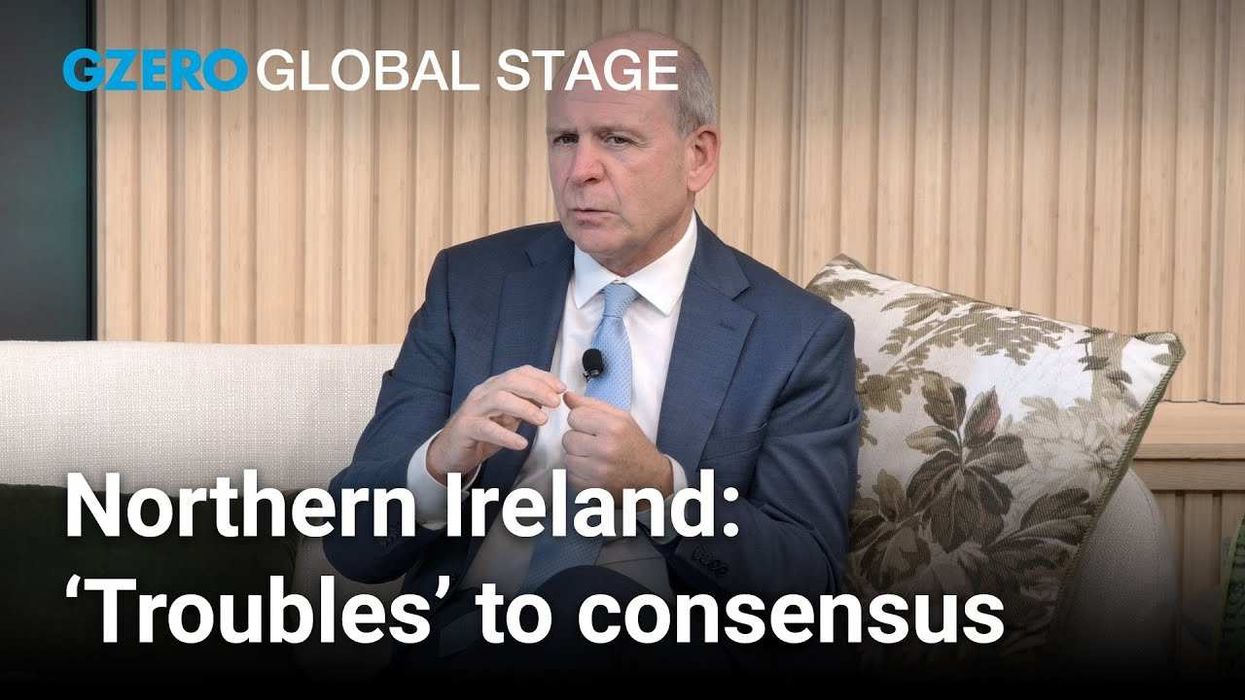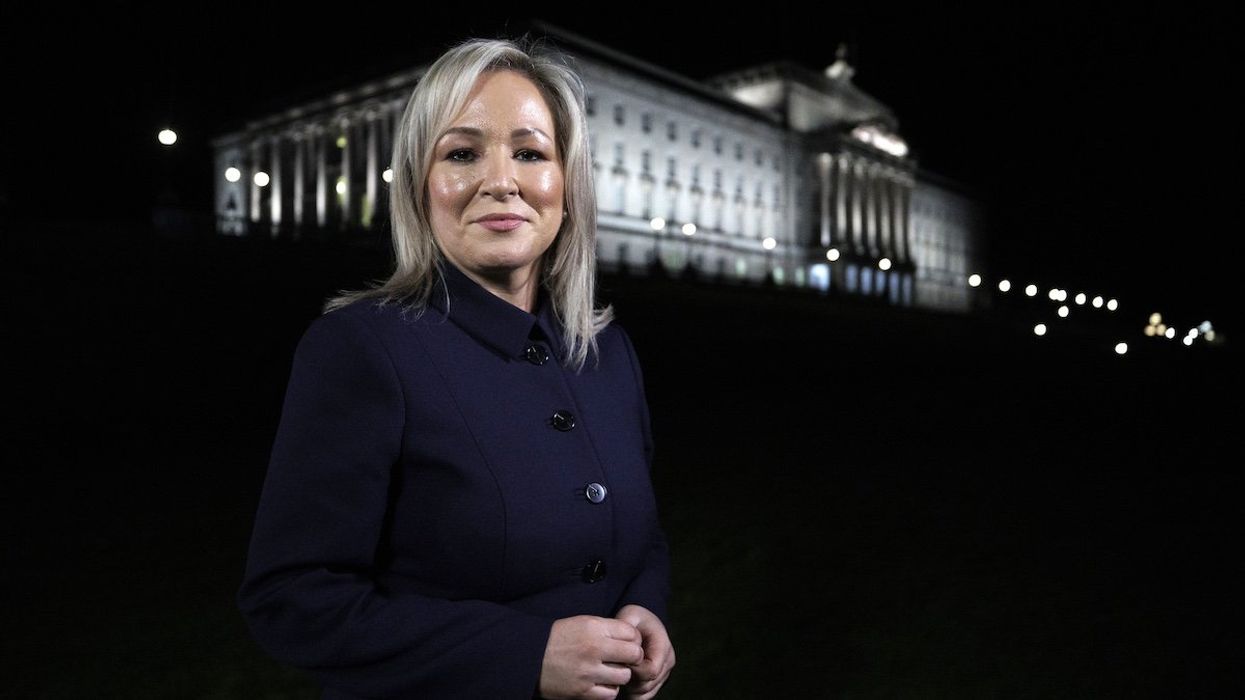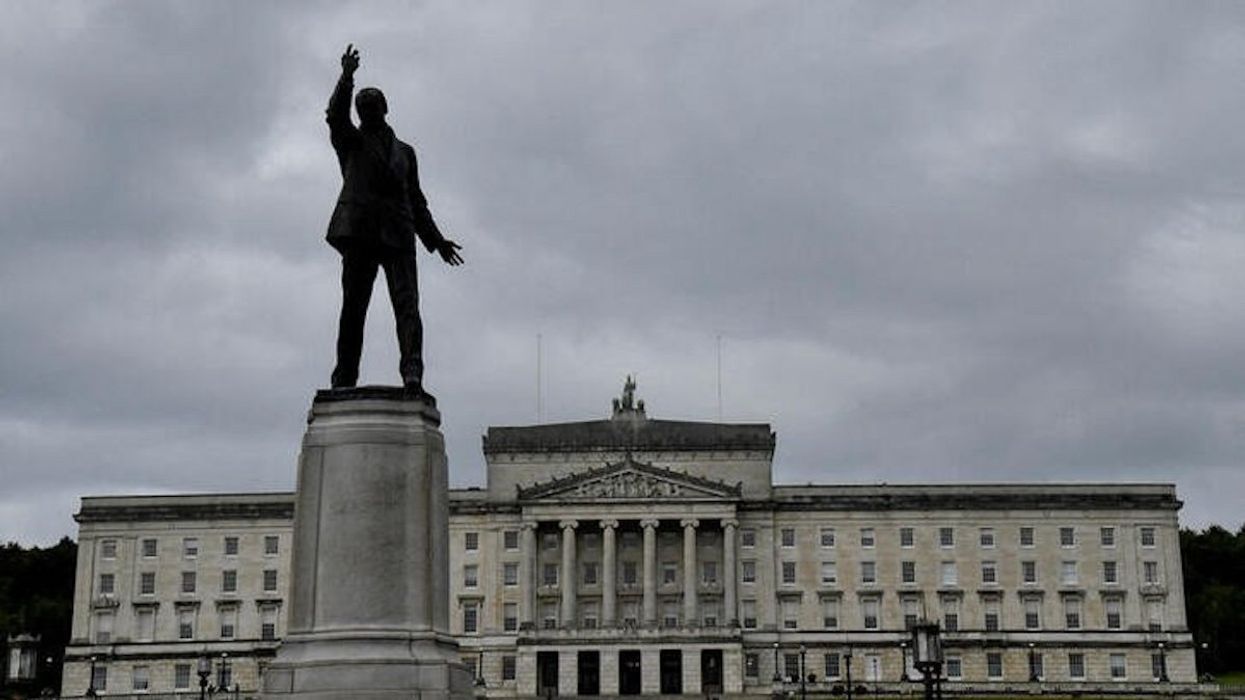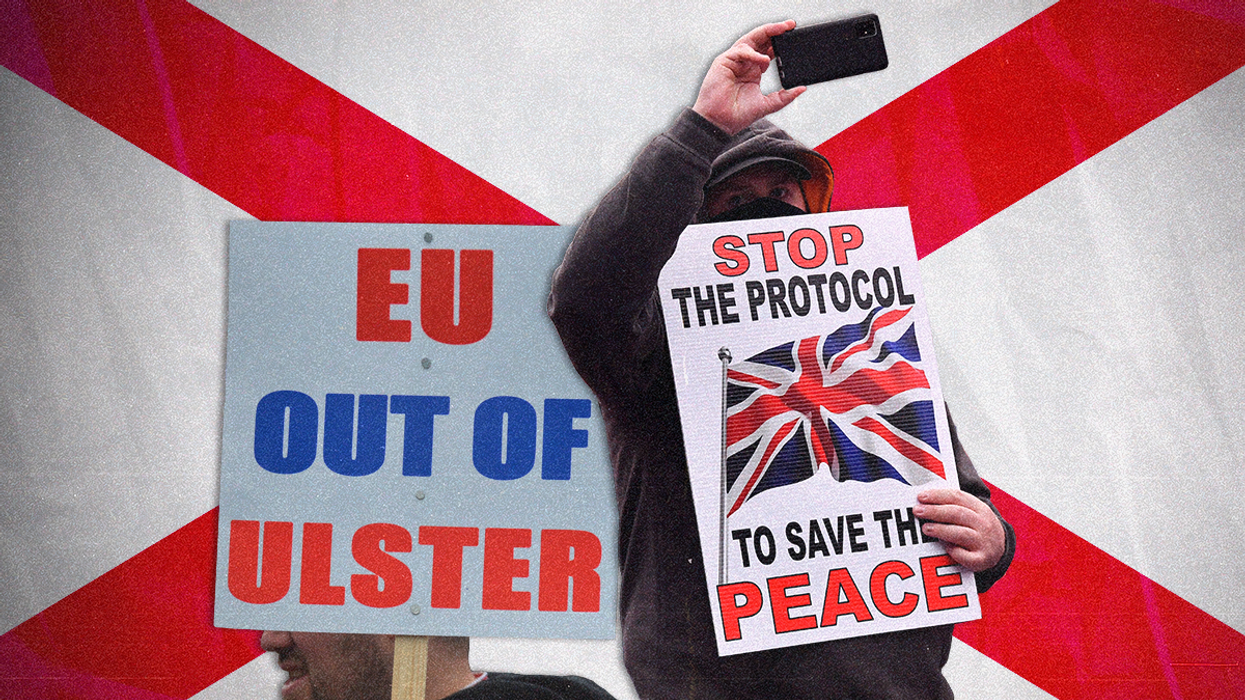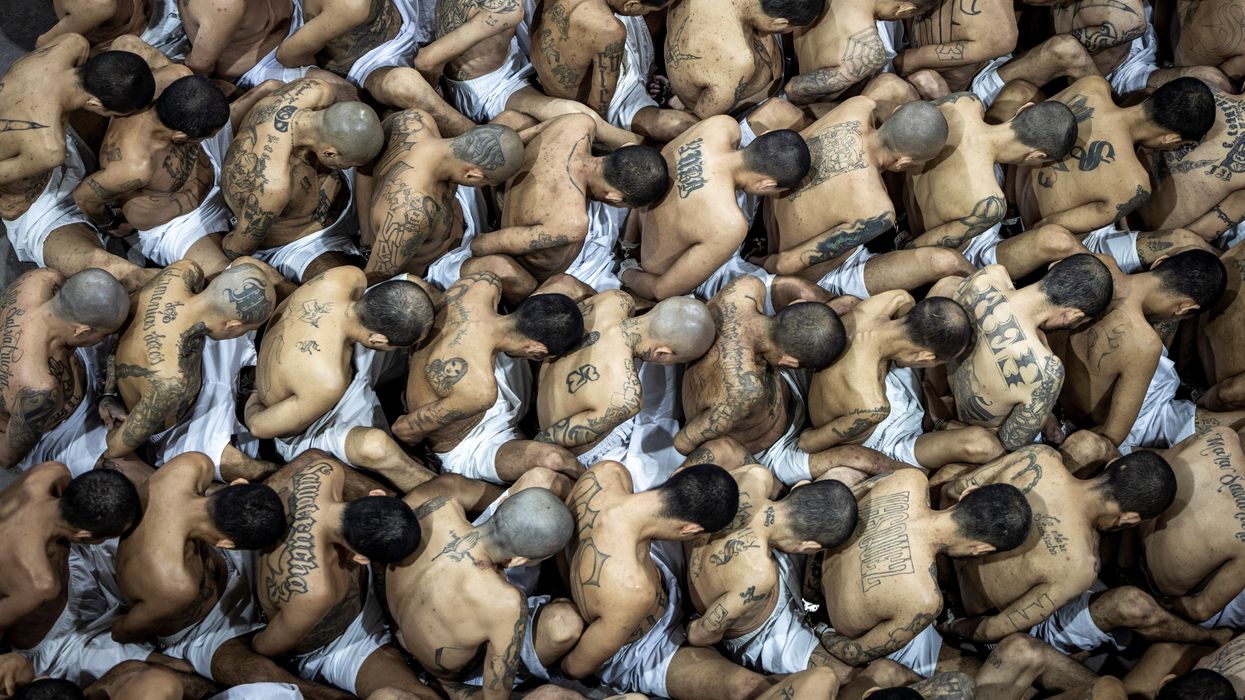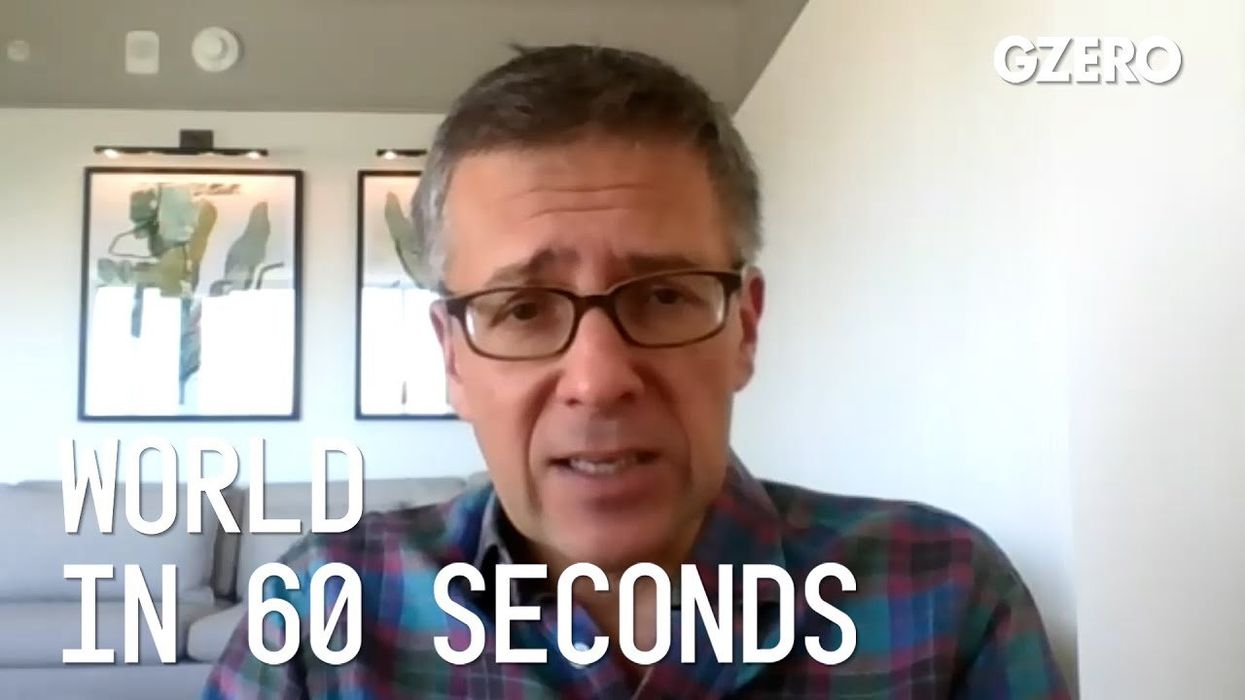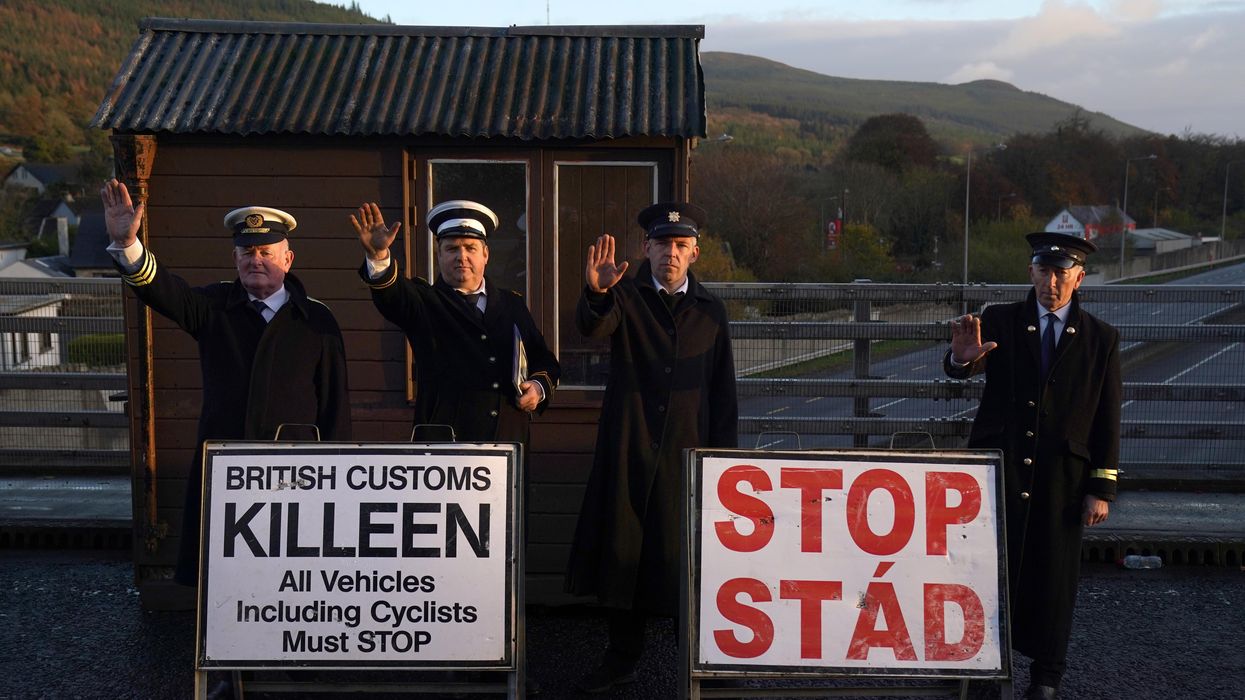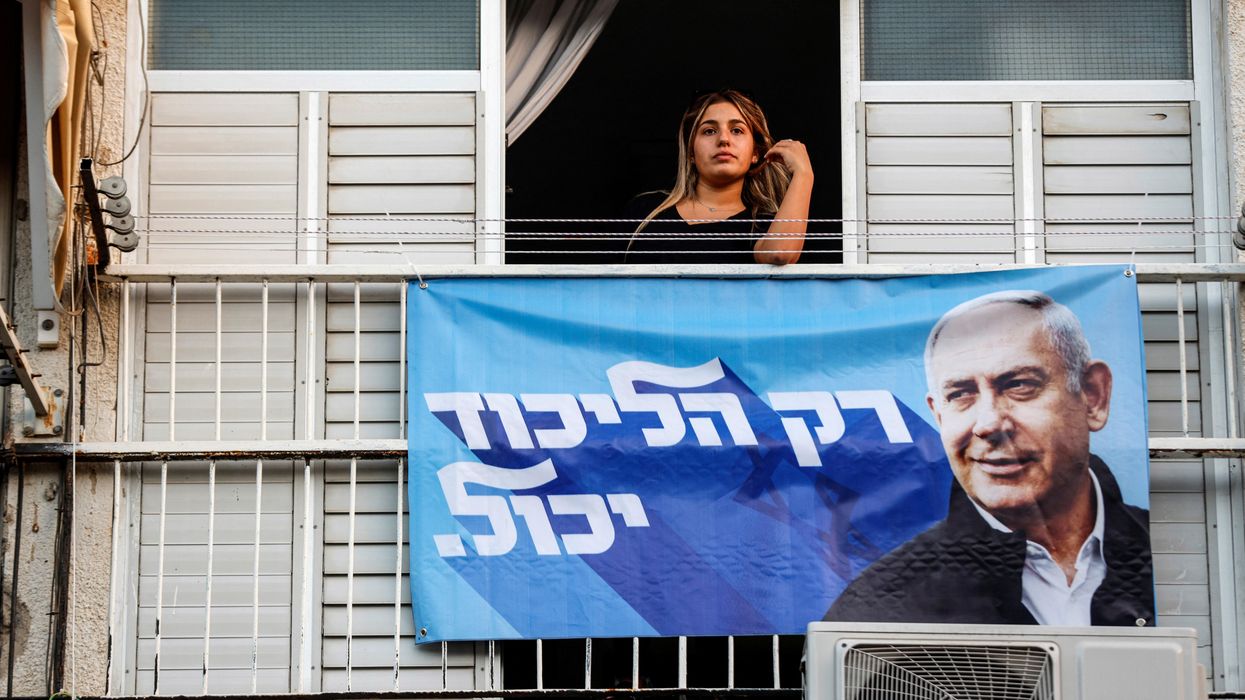UN General Assembly
Citizens’ assemblies helped Ireland move from conflict to consensus
Citizens’ assemblies helped Northern Ireland transform a violent past into today’s deliberative politics. Ambassador Fergal Mythen traces the arc from the New Ireland Forum (1983–84) through national roadshows and town halls to today’s independent citizens’ assemblies, processes that fed into parliament, broadened public understanding, and built “losers’ consent.”
Oct 01, 2025
